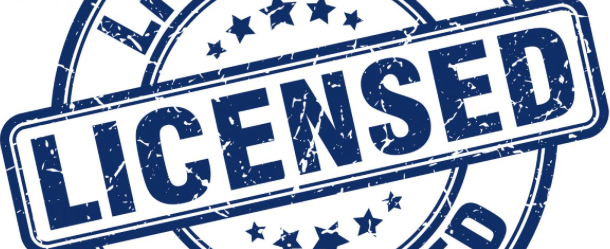Months after the original release of the Governor’s proposed trailer bill language (TBL) it was finalized for the Legislature’s vote and passed on June 15, 2017. The new language was inserted into SB 94 as part of the 2017-18 California budget. The TBL has several new and exciting updates. Lets dive into some of the highlights.
Repealed MCRSA Provisions Get a Second Chance in the TBL
In general, the TBL effectively repeals the Medical Cannabis Regulation and Safety Act of 2015(MCRSA). Despite being reversed, the MCRSA provisions didn’t go completely to waste. Many of the provisions from MCRSA were reinserted to the TBL. Not only that, the TBL clarifies that commercial cannabis activity is lawful in California so long as it is done under a valid state license, local approval (if any), and complies with state regulations. This is perhaps one of the most important additions given the current federal climate regarding cannabis.
Priority, Temporary and Unlimited licenses
Under the TBL, priority review license applications is to be given to applicants that demonstrate compliance with Prop 215 and its implementing laws before September 1, 2016. With every application, the state may issue a temporary license until the application is approved or denied. The state can award temporary licenses to applicants until January 1, 2019. Also notable, the Type 5 unlimited canopy licenses remained through the various versions of the TBL. Type 5, 5A, and 5B will not be available until 2023.
Local Approval Still Required for State Licensing
One of the most heated areas of debate is the state requirement of a local permit. Applicants will still need to check in with their local authorities prior to applying for a state license. In an effort to involve local officials, the TBL requires all jurisdictions to have a local contact that will be responsible for communicating any local permits/bans on commercial cannabis activity and the applicant’s compliance with local laws.
Notable Provisions in the TBL
While there is no way to cover the entire, almost 300 page, Trailer Bill, here are some big takeaways.
General Revisions
- Definition of premises: a contiguous area occupied by one licensee that is designated in the application as where commercial cannabis activity will be conducted.
- Definition of owner: one with an aggregate ownership interest of 20% or more; the CEO; a member of the board of directors of a nonprofit; or, someone who will be participating in the direction, control, or management of the facility.
- Temporary event licenses: allows the sale and consumption of cannabis for those 21+ years old at events such as the Emerald Cup.
- Colocation: Medicinal and Adult-Use may operate in one location.
- Residency: The TBL repeals a residency requirement.
- Cross Licensure: There are no cross-licensure restrictions, except for testing laboratories and the new quality assurance compliance monitor.
- Saturation of Business: State agencies must prevent excessive concentrations of businesses and monopolies.
Cultivation
- Pesticides: Licensees are prohibited from using pesticides banned by the state.
- Cooperatives: Cannabis cooperative associations are allowed for groups of three or more cultivators, similar to non-cannabis agricultural cooperatives.
Delivery and Packaging
- Delivery: Delivery-only retailers are allowed. Although they must have a brick and mortar facility, they do not have to be open to the public.
- Packaging: Retailers must use opaque exit packaging for products.
Distributors and Transportation
- No Transportation: Transportation license are no longer. Transportation may only be done by distributors.
- Quality Assurance: Quality assurance compliance monitors (QACM) was added . QACMs are employees of the state and cannot hold or have interest in a cannabis license or licensed premises. QACMs conduct random checks to ensure compliance with laws and regulations.
Testing
- Consumer Products: All testing must be done on products in the final form that is sold to consumers.
- Untested: Untested products may still be sold if they are clearly labeled as such for the time allowed by BCC.
Manufacturers
- Volatile solvents: no longer just butane, but include all solvents that are/ produce flammable gas or create explosive or ignitable mixtures in the air.
Cash Money
- The TBL also mandates several state authorities to collaborate to establish a safe and viable way to collect cash payments.
Although the budget has been passed and the new TBL will soon be law, there is still a great deal of work to be done in California. The deadlines for submission of public comments on the proposed regulations for the state’s medical cannabis laws passed earlier this month. The regulations will now be updated based public comments and the new laws, but we may not see any language until this fall. There is never a dull day in the regulation of California’s cannabis industry, so stay informed and have your voice heard!
Disclaimer: This article has been prepared and published for informational purposes only and is not offered, nor should be construed, as legal advice.

